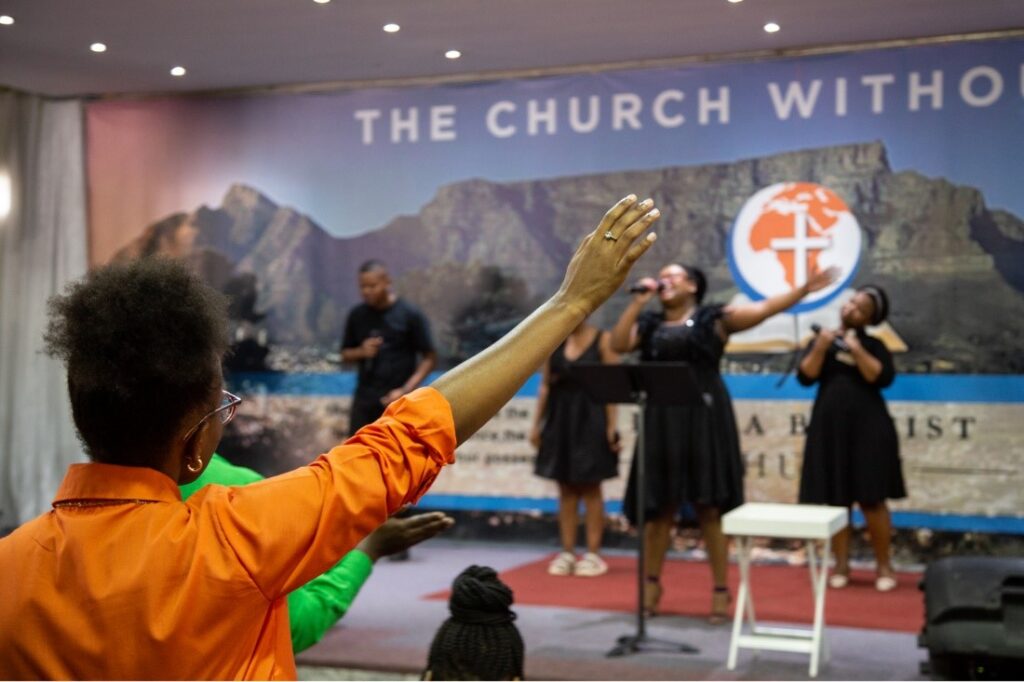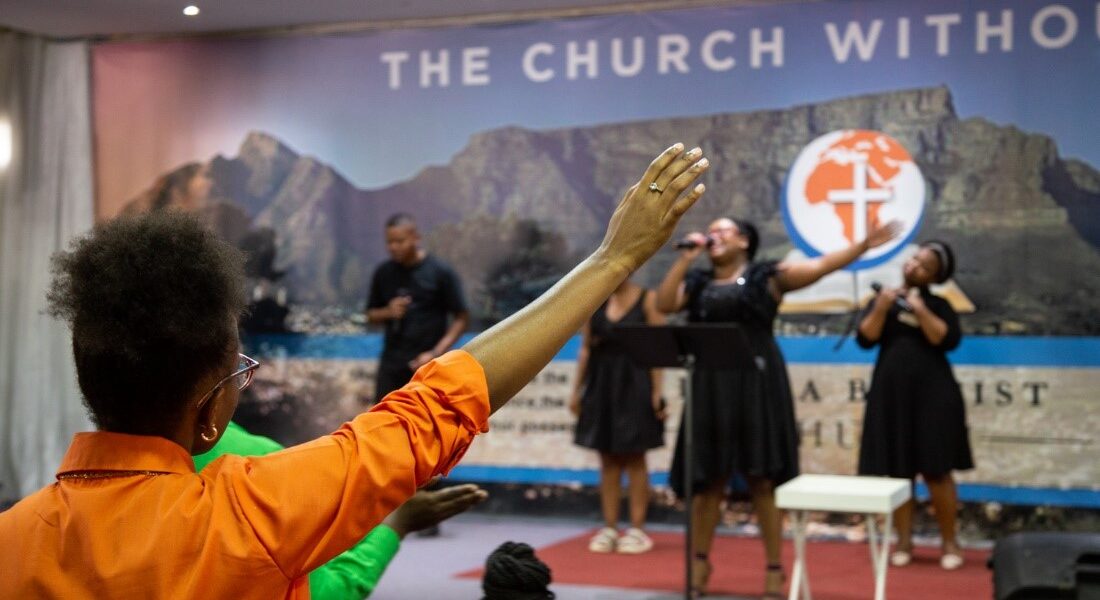Complexity and Dialogue
6 juni, 2024
“The situation in South Africa is complex.” was said by just about everyone who had a speech of any kind during the days of our course in South Africa. The complexity was also often used as an answer to questions. “Well, you know, that’s very complex here.” And those answers that referred to the complexity were, as I perceived it, not to be open for further questions. Things, relations, and the nation being complex was something peculiar to South Africa. I didn’t during my stay figure out if the complexity was something to be proud of or something to be ashamed of because the word was used in a way that it could often be understood – with complexity!
South Africa has undergone periods of being colonialized by the European settlers which included slave labour and oppression for some and success and wealth for others. From 1948 to the early 1990s the nation had a political system called apartheid which is a system of institutionalized racial segregation. The system ensured that the nation’s political, social, and economic domination was in the hands of the nation’s minority white population. The effects of colonialization and apartheid continue to the present day and are reasons for the visible inequality – in general, I could see the “whites” being much more economically wealthy than the “ones with more colour on their skin”. For me, as a European who has been living, studying, working, and travelling in most of the continents on the planet Earth (but this was my first time in Africa) and due to having friends of all kinds, it was challenging to see or notify the colour of the skin of the persons. As I understood I should have thought about my skin colour and of the person I talked to because my words are (were) probably understood in the context of history and the context of the colour of my skin. Those contexts made being, speaking and relations very complex! And to be honest, even if the complexity was almost tactile, it was still difficult to understand it and during our relatively short course I didn’t completely get to understand the complexity of that land, but I got to experience a hint of it.
The experience of everything being complex was definitely something to learn of, even though the complexity made me feel uncomfortable most of the time. Segregation is still, although apartheid is history, part of the daily life for every South African. As a Finn, I found somehow more difficult the experiences of segregation in Finnish faith communities than the experiences of segregation as “an outsider” in South Africa. The segregation by colour, religion, and gender, as I assume, were the main obstacles to fluent communication. Without fluent communication, the risks of misconceptions and rumours have tended to flourish. Misconceptions and rumours easily lead to hatred and hatred easily leads to racism and even more segregation – and the situation gets even more complex!
One of the main themes of the course Abraham Goes Global was interfaith dialogues. As the communication itself seemed to be a demanding task, the interfaith dialogue was not merely practised within most of the faith communions we visited. I sometimes got a feeling that the concept of “interfaith dialogue” was not familiar to the ones who contested our questions. Well, many said that all are welcomed to their church, as an answer to our question about the interfaith dialogue. Opening the door to everyone can be an invitation to a dialogue but it’s not yet a dialogue. As I understand it, a proper dialogue needs also listening to each other and an attitude that each one can enrich his understanding of himself and the other due to the dialogue. Dialogue is a reciprocal activity. On some occasions, the complexity of the nation was (as I interpreted it) also used as an excuse not to go into dialogue and not to communicate with those of other kinds of faiths (or colours).
There were some actors who were more active in the interfaith dialogue, for instance, Rev Riaan de Villiers, in the Dutch Reformed Church and International Peace College of South Africa. I had a feeling that they really made an effort to make the dialogue take place and grow and make everyone participate in the dialogue equally.
But to be realistic the nation has issues such as inequality and poverty which stand in the way of a dialogue that can include everyone. I was told that many persons in the townships live day by day in extreme poverty without a home and promise of the next meal. Dialogue with others, or with other religions, is not probably in their minds when the survival of the day is the main concern. Anyhow, dialogue is important – for one to be heard and to hear. Dialogue is something that can be trained and practised. In the township of Langa, a large number of its inhabitants live in poverty. In their Sunday service, I could however experience a wonderful dialogue – between the members of the congregation and Gud – the dialogue was powerful, respectful, joyful, and grave, all at the same time; it was a very complex dialogue indeed! Complexity doesn’t have to be an obstacle; it can also be used as a resource in a dialogue, a dialogue which enriches the life of its participants.

(Langa Baptist Church in Cape Town. Photo: Kim Groop)
Teresa Haapasaari
The theological course Abraham Goes Global is a cooperation between Åbo Akademi University and Stellenbosch University (South Africa) funded by the Finnish National Agency for Education and The Polin Institute 2023-2024 and 2024-2025. The aims are to widen the perception of theology to cross boundaries of religion at both universities, to exchange expertise on contextualised forms of religion, and to deepen the students’ and teachers’ understanding of interreligious and intercultural dynamics in religions. This blog text is the second of six texts to present reflections of the Finnish students visiting South Africa in February-March 2024.

